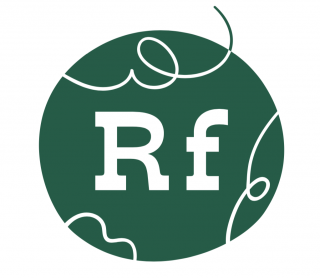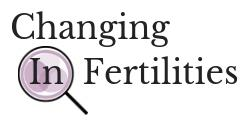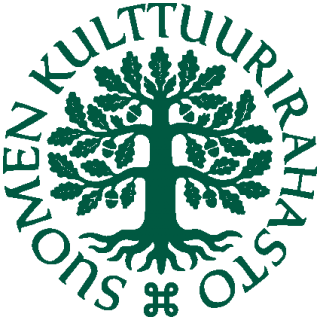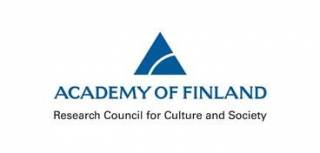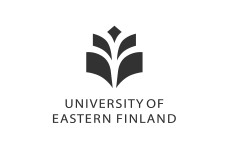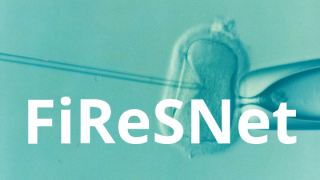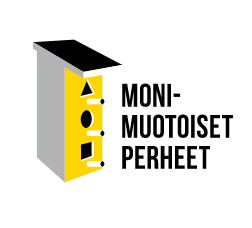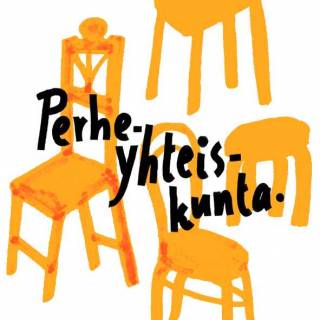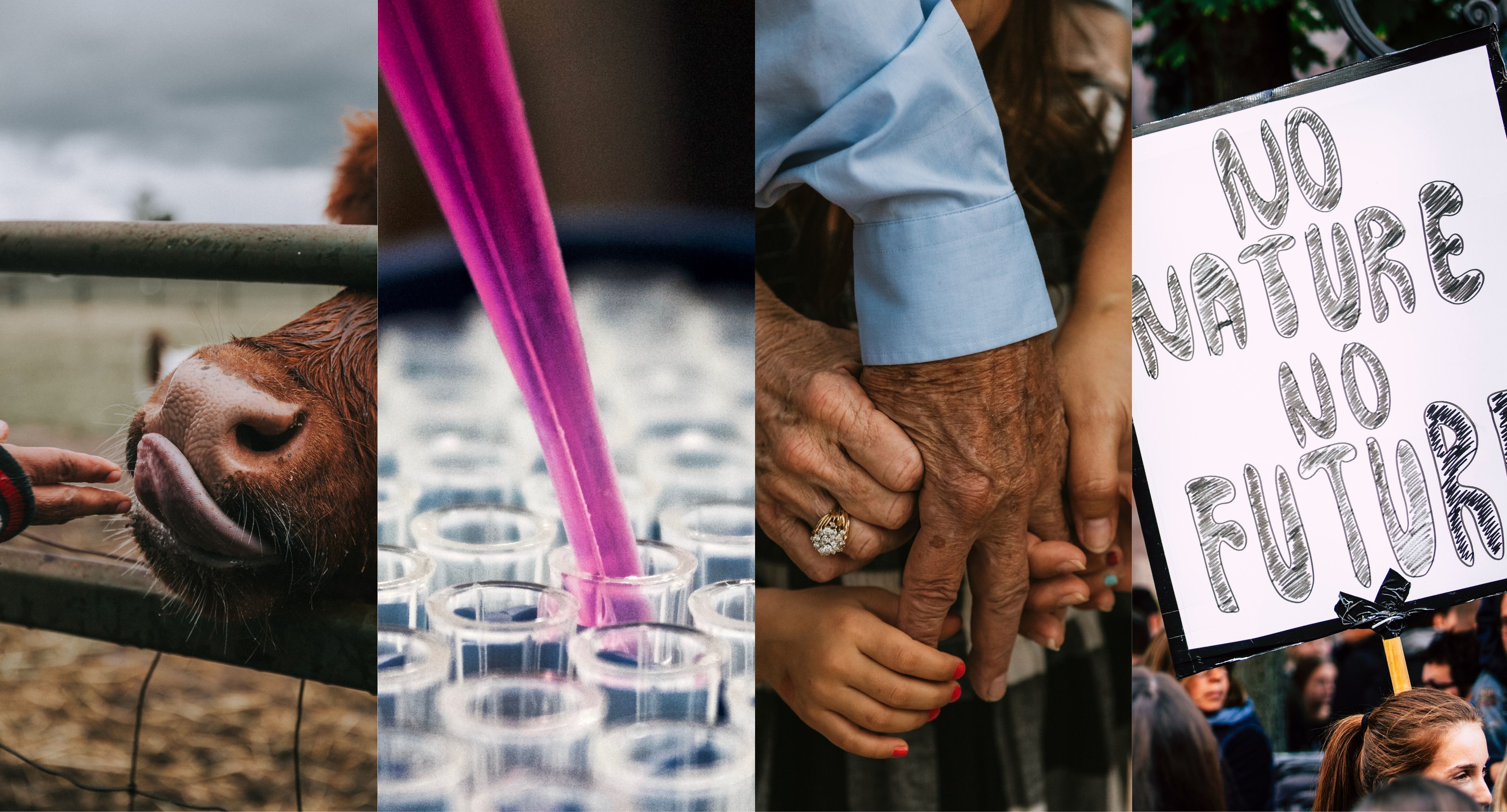
Reproductive Futures: Emergent Injustices, Hopes and Paradoxes
An international conference
June 15-17, 2022 Tampere
About the conference
Decreasing fertility rates and delayed family formation have raised concern across the world. Meanwhile, human population growth is regarded a problem for global ecological sustainability. This paradox has instigated discussions about future population control, family relations, and reproductive and environmental justice. For example, biodiversity, complex ecologies and good life for not just humans but also more-than-humans are receiving growing attention in research, policymaking, design and art. At the same time, existing and emerging reproductive technologies, together with the increasing commercialization of care and health data, are reshaping family- and kin-making landscapes. Furthermore, women’s and gender, sexual and ethnic minorities’ rights to sexual and reproductive health have been re-politicized in many national contexts.
This international conference aims to engage, explore and unpack the plurality of relationships between reproductive practices, population and ecological futures.
We will address the following questions:
1. What future imaginaries of relationality are thinkable and possible in practices of reproduction, in the historical contexts of climate change, (bio)capitalism and late modernity?
2. How are norms and conceptions of reproduction and kinship resisted to achieve reproductive justice, environmental justice and queer justice?
3. How are global inequalities and colonial legacies of gender, race and economy reproduced in attempts to have children, make kin, and sustain family relationships?
4. How do people rethink norms of relatedness, sexuality, family and kinship in the everyday, and how are these recognized in policy making and social services?
5. What kind of labour goes into maintaining, altering and profiting from transnational markets and bioeconomies of reproductive industry and pharmaceutical enterprise?
6. How are reproductive futures constituted in practices, policies and technologies of reproduction concerning nonhumans, such as farmed and wild animals or biodiversity-related seed banking?
7. How are toxic exposures, biodiversity loss and climate crisis exacerbating the hierarchies that support some families and not others?
The conference is organized by Reproductive Futures project (https://reprofutures.fi/about/) in collaboration with Changing In/Fertilities project (https://www.cifp.sociology.cam.ac.uk/) and funded by the Finnish Cultural Foundation, the Academy of Finland and the Wellcome Trust. The projects are based in the Faculty of Social Sciences at Tampere University and in Reproductive Sociology Group at the University of Cambridge.
Follow us: @reprofutures
Conference hashtag: #reprofutures2022
NEWS:
Many thanks for everyone who participated at the conference!
All seven parts of the ‘Fertility Futures’ video interviews series made in collaboration with ReproSoc team and hosted by members of the Changing (In)Fertilities Project can now be found here.
ORGANISING COMMITTEE:
Reproductive futures project
Jenna Siivonen (coordinator and conference secretary)
Riikka Homanen (Co-chair)
Mianna Meskus (Co-chair)
Anna-Maija Castrén
Elina Helosvuori
Kaisa Kivipuro
Elli Lehikoinen
Anna Moring
Venla Oikkonen
Johanna Sarlio-Nieminen
Tiia Sudenkaarne
Ronja Tammi
Changing In/Fertilities project
Sarah Franklin
Marcia Inhorn
Photos: Jinen Shah, Louis Reed, Liz Brenden, Markus Spiske (Unsplash)

